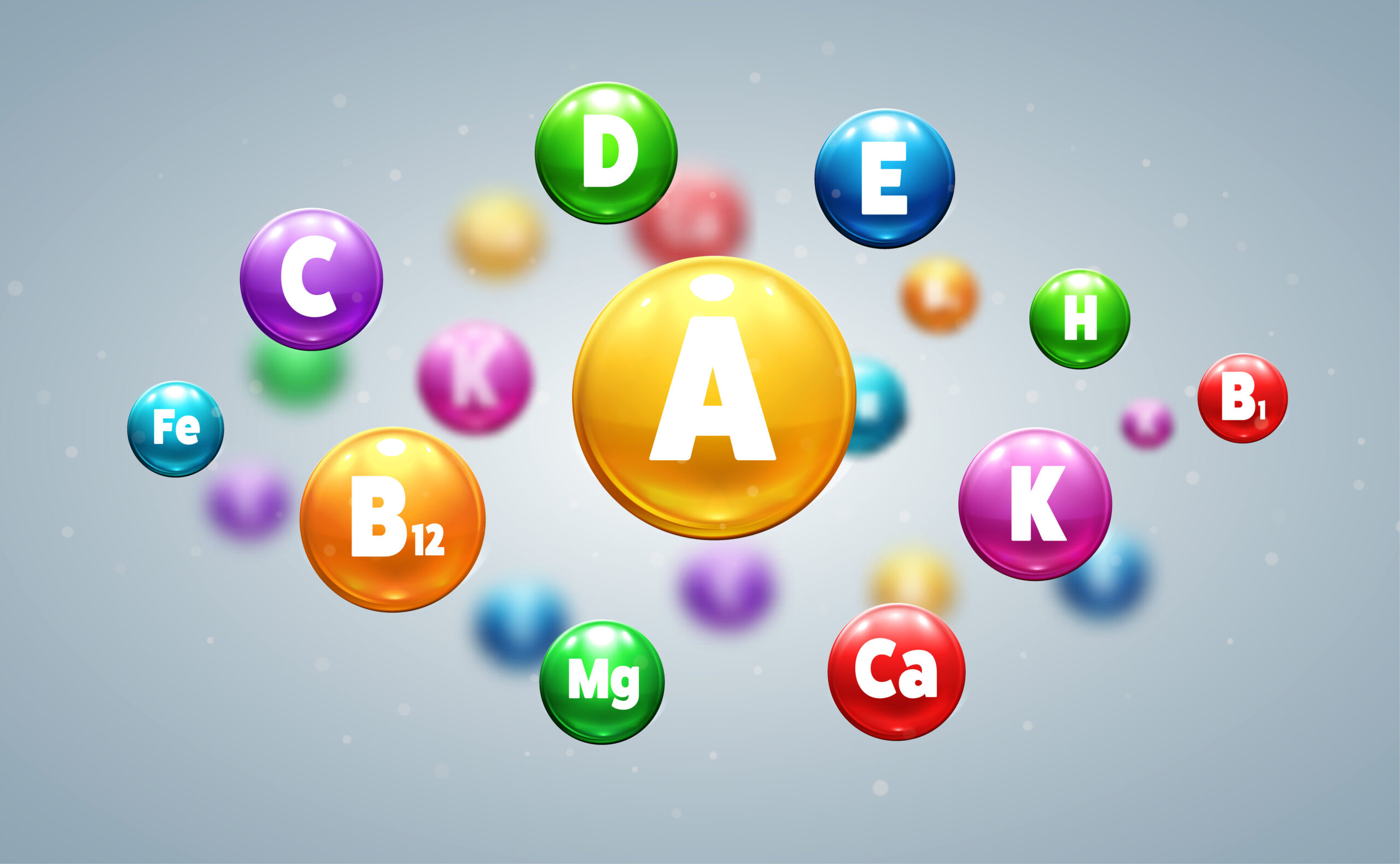Smart Strategies for Taking Supplements

While your primary source of vitamins and minerals should be the foods you eat, it’s not always possible to get your daily intake from vitamins in food. When that happens, taking individual vitamins, a multivitamin or other supplements is a smart idea. What’s even smarter is taking those supplements in ways that will provide maximum impact. It’s not always as simple as popping a tablet in your mouth as you walk out the door each morning.
Even when you purchase the best vitamins and best supplements available, they will only do their jobs when taken in ways that will help them be absorbed by the body. With many vitamins and minerals, there is sometimes a best time of day to take them – or a best way. It’s not simply a matter of asking yourself, “What vitamins should I take?” but rather “How should I take them?”
The time of day and whether you should take them on an empty stomach or with certain types of foods or liquids can vary depending on what supplements you use.
Multivitamins: Though many of the vitamins and minerals may be best absorbed in different ways, the safest bet is to take a comprehensive multivitamin with a meal. This can limit the absorption of some types of vitamins, such as vitamins B and C, so if you have been diagnosed with a deficiency in those vitamins, skip the multivitamin and take vitamins individually until your deficiency has been resolved.
B and C vitamins: The B vitamins include folic acid, thiamin, riboflavin, niacin (B3), pantothenic acid, biotin, and cobalamin (B12). Take these B vitamins in the morning with water – and food if taking B12. Two hours later, take your vitamin C, again, with water and no food.
A, D, E, and K vitamins: Take these fat-soluble vitamins right after eating healthy fats, such as yogurt, milk, nuts, avocado, or food cooked in olive oil. However, ask your doctor about taking vitamin A, as some people, such as smokers and pregnant women, should be careful about dosing.
Iron: Take iron on an empty stomach with water or orange juice. Avoid taking it with milk, as it can impede absorption of iron. Taking iron with vitamin C can help reduce iron supplement side effects, which may include constipation or nausea, and improve iron absorption.
Minerals: Because they compete against each other, take minerals separately and with food, rather than at the same time.
Calcium: For calcium carbonate, take it with a meal. For calcium citrate, you can take it with water and with or without food. Taking your calcium citrate with your D and K vitamins can help with the absorption of calcium. Taking magnesium with your calcium also helps with calcium absorption.
Prenatal vitamins: To avoid worsening morning sickness, pregnant women should take their prenatal vitamins with water and a small bedtime snack – and separately from folic acid (see B vitamins above).
While taking prescriptions: Because some supplements interact with medications in adverse ways, be sure to ask your prescribing doctor about supplements prior to taking them. Some vitamins can reduce the effectiveness of your medications or worsen side effects and risks. Many times, your doctor can help you create a plan for taking supplements safely with your medication to avoid these risks.
Should you take supplements?
If you feel like you are not getting the recommended daily intake of vitamins and minerals from your diet, or if you have a medical condition that inhibits your appetite, limits what you can eat, or inhibits absorption of nutrients, then taking supplements may be right for you. Those with limited diets, such as people who practice vegetarian or vegan eating, may also benefit from taking supplements. Talk to your primary care physician about your diet, and he or she can recommend supplements or even take blood samples to uncover any deficiencies if you are having symptoms of a vitamin deficiency.
Take care with supplements
Remember that you can overdose on supplements. Ensure that children can’t reach vitamins and minerals, especially any that are in a tasty format, such as gummy or jelly bean types. Taking vitamins and minerals are meant to improve your health, not to create a medical emergency. However, if you think you have taken too much and experience symptoms of overdose such as nausea, confusion, fainting, convulsions, or mental changes, come to Avail Hospital right away.
